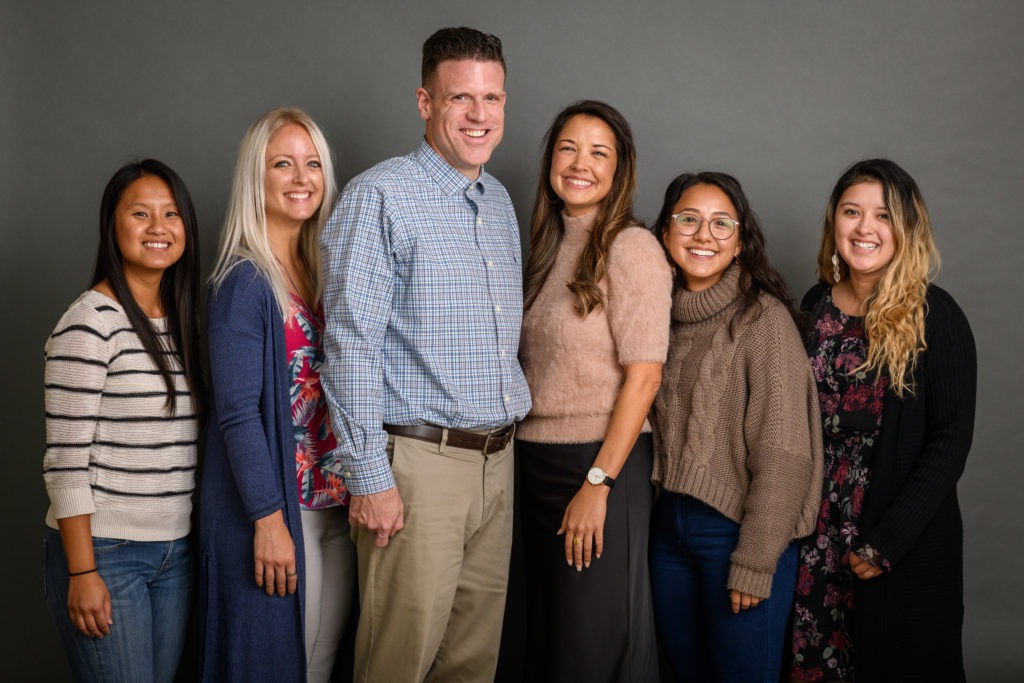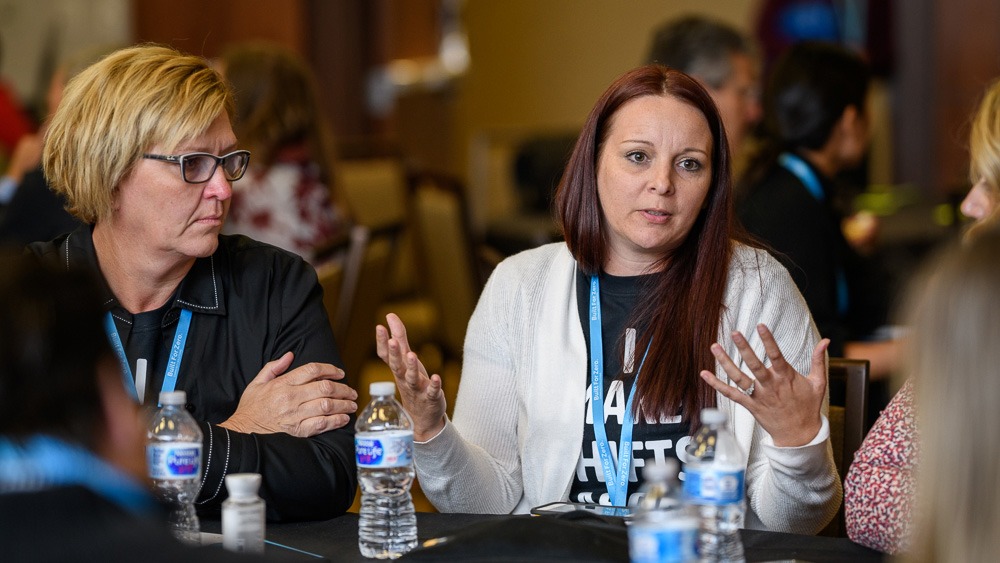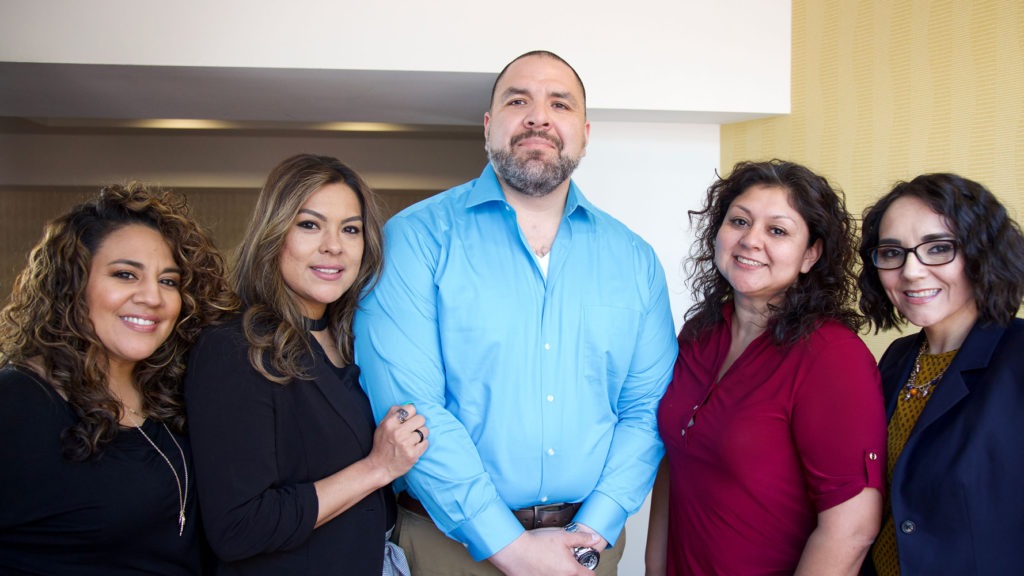Community Bright Spot: Abilene, Texas Balance of State CoC
January 24, 2020Use “next steps” to spark a problem-solving conversation

Abilene fine-tunes “next steps” to have problem-solving conversations, leading to creative solutions and faster housing placement
The Abilene chronic improvement team considers their weekly case conferencing meeting finished when they have a next step and target move-in date recorded for each neighbor—Abilene’s preferred term for client—on the by-name list. However, it’s not only the quantity of next steps they note but the quality.
The team uses the “next steps” column on their BNL to facilitate a conversation about how to house neighbors better, with questions like:
- “What does this neighbor need that, if we can fulfill it, would make them want to engage?”
- “What is something that we haven’t tried before with this neighbor?”
- “How can we accelerate the time to implement this next step? What would make it one week instead of two?”
Alexzandra Hust, Abilene’s improvement team co-lead, shared some of the creative next steps Abilene has tried: “Taking a neighbor who’s been hesitating to engage out for coffee and muffins, fundraising on the spot to pay for unit or pet deposits, driving all over town looking for a neighbor, or helping them fix their car so they can get to case management appointments.”
Alexzandra believes that talking about next steps led to something bigger: “Our major turning point was shifting from focusing on how hard it is to work with a neighbor to what actionable step we can take next to house them, no matter how small or ‘out there’ it is.” BFZ agrees; when a team makes this mindset shift, we see big ripple effects.
Abilene’s results have certainly been big. In six months, they’ve reduced the average length of time to house a chronic client from 188 days to 95. They are in the final stage of verifying a local end to chronic homelessness.
Community Bright Spots
Read about the excellent progress other BFZ Collaborative communities are making!



